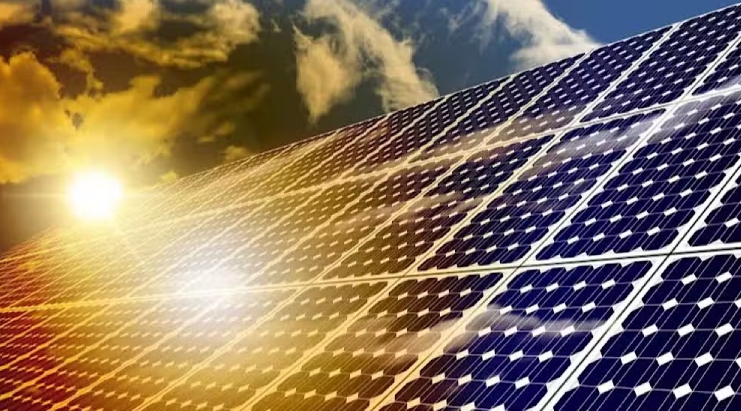Sindh Chief Minister Murad Ali Shah has announced a massive solar energy initiative aimed at benefiting low-income households across the province.
The Sindh government has decided to distribute an additional 500,000 solar systems this year to underprivileged families, further strengthening its commitment to renewable energy and sustainability.
The government had planned to distribute 200,000 solar systems under the Benazir Income Support Program (BISP). Out of these, 50,000 units have already been delivered, and the remaining will be distributed soon.
Benefits of the Solar Energy Program
However, following the directive of PPP Chairman Bilawal Bhutto, the Sindh government has expanded the project by adding another 500,000 solar systems to the program.
This initiative aims to improve energy access for economically disadvantaged families, especially in rural areas where electricity shortages are common.
The solar panel distribution program will help thousands of families by:
- Reducing electricity costs for low-income households.
- Providing an alternative energy source for areas with limited grid access.
- Promoting clean and sustainable energy, reducing reliance on fossil fuels.
- Supporting economic growth by improving energy reliability.

Karachi’s Waste-to-Energy Project
In addition to the solar energy initiative, the Chief Minister also discussed an ambitious waste-to-energy project in Karachi. Authorities are currently collecting 15,000 tons of waste daily, which will be converted into 50 megawatts of electricity.
“This initiative will not only help manage urban waste but also contribute significantly to Sindh’s renewable energy goals,” Murad Ali Shah stated.
The waste-to-energy project aligns with the government’s long-term vision of reducing environmental pollution while generating sustainable electricity. This project will:
- Improve waste management in urban areas.
- Reduce landfill waste, making cities cleaner.
- Enhance electricity production using renewable sources.
With these initiatives, Sindh is taking a major step toward clean energy development. The government remains focused on providing affordable, renewable, and sustainable energy solutions to improve living standards and environmental sustainability across the provinc


